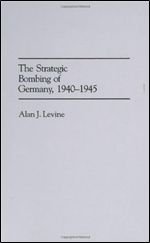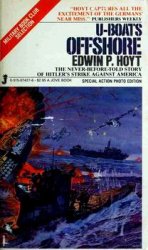The Christiana riot was the first well-publicized resistance to the second fugitive slave law, which was passed by Congress as part of the Compromise of 1850. The Fugitive Slave Law was widely hated in the North because it required not only state officials but also ordinary citizens to help recapture runaway slaves.
The chain of events leading to the riot began when four slaves belonging to Edward Gorsuch of Maryland escaped to Christiana, a Quaker village in southeastern Pennsylvania and the home of a number of sympathetic white abolitionists who were part of the Underground Railroad network. Gorsuch, accompanied by a group of supporters and a U. S. marshal, approached the house of William Parker with warrants for the escaped slaves. William Parker was known in the community as the leader of an African-American self-defense organization, dedicated to helping fugitives liberate themselves.
Gorsuch and the marshal entered the two-story stone house and demanded that Parker turn over the slaves. Outside, Gorsuch’s supporters waited with guns loaded; inside, William Parker refused to give up the fugitives. Members of his organization, hiding upstairs, were also armed and ready to resist. A violent clash ensued in which Gorsuch was killed and his son injured. Parker and five others escaped to Canada. In the aftermath, 36 black people and four white people were arrested and charged with treason against the United States. None were convicted, but the trial became the occasion for a full-fledged debate over slavery. One local newspaper described the disturbance as “Civil War, First Blow Struck.”
Christiana was one of many such examples of black and white peoples’ resistance to the Fugitive Slave Law and the system of slavery in the 1850s. Along with such notable events as the Anthony Burns trial in Boston, Massachusetts, in 1854, the Christiana riot brought what Frederick Douglass called “the battle for liberty” to the forefront of the political agenda.
See also abolition; Society of Friends.
Further reading: Jonathan Katz, Resistance at Christiana: The Fugitive Slave Rebellion, Christiana, Pennsylvania, September 11, 1851: A Documentary Account (New York: Crowell, 1974); Thomas P Slaughter, Bloody Dawn: The Christiana Riot and Racial Violence in the Antebellum North (New York: Oxford University Press, 1994).




 World History
World History









